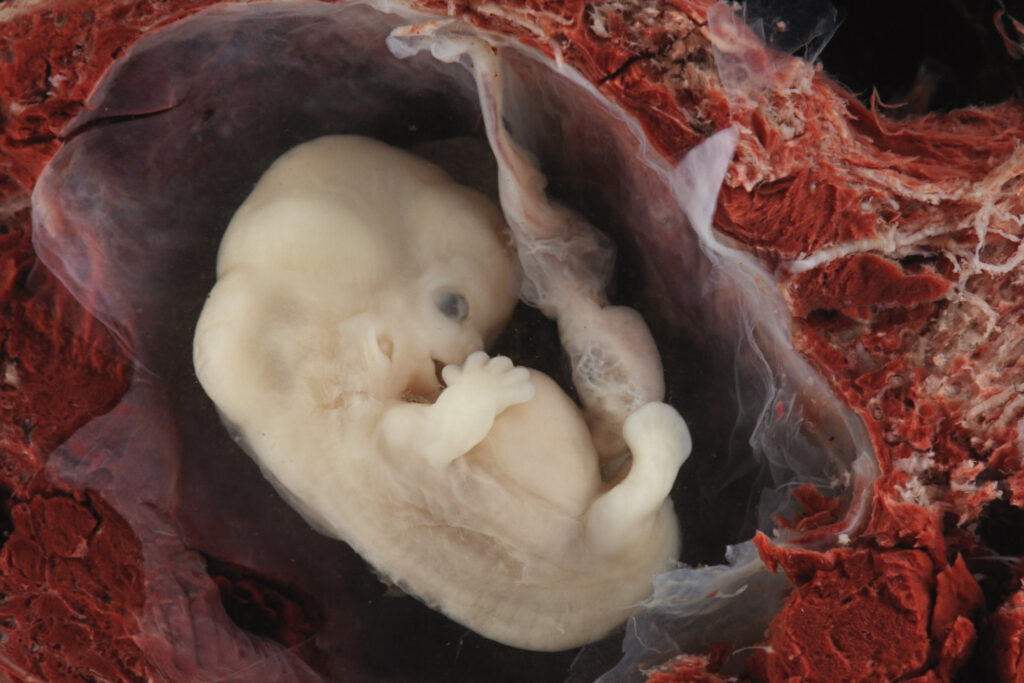Language and law shape how a society treats its weakest members, and when definitions of early human life are blurred, the consequences reach beyond policy into the realm of moral and medical practice.
We live in a moment when scientific terms, legal definitions, and political priorities collide over the earliest stages of life. Clear definitions matter because they inform law, medicine, and public attitudes, and muddying those lines shifts responsibility away from defending human dignity. Conservatives insist that stable categories protect both individuals and institutions from arbitrary power. The stakes are not abstract; they affect real people and real decisions every day.
Perpetuating false definitions of the earliest stages of life mirrors the dehumanization that enabled Nazi experiments on the ‘subhuman.’ That sentence stands as a blunt warning: when people are labeled less than human, it becomes easier to rationalize exploitation. A conservative view recognizes human worth as inherent, not granted or revoked by convenience or ideology. Protecting life requires resisting narratives that reduce persons to biological commodities or policy variables.
Science and ethics should work together, not at cross purposes. When scientific language is used to normalize practices that strip dignity away, we get policies that privilege efficiency over conscience and utility over sanctity. Republicans often emphasize both moral clarity and practical consequences, arguing that law should reflect consistent moral frameworks informed by human biology. This keeps medical practice grounded in respect for the patient rather than the pursuit of abstract goals.
Lawmakers have a responsibility to set firm boundaries that safeguard human dignity at every stage of life. When definitions shift to accommodate new technologies or ideologies, protections can vanish overnight under judicial rulings or administrative fiat. A stable legal framework prevents ad hoc reinterpretations by elites who may value convenience more than human worth. The rule of law must protect the vulnerable from both public and private abuses.
Medical ethics rely on consent, nonmaleficence, and respect for persons, and those principles fray when the beginning of life is redefined to suit a policy preference. Physicians are trained to treat patients as ends in themselves; reducing persons to specimens undermines that commitment. Republicans argue that healthcare policies should reinforce professional ethics, not undercut them with permissive definitions that enable experimentation without accountability. Patients deserve clarity and protection in the clinic and the courtroom.
Cultural rhetoric shapes what is socially acceptable, and slippery rhetoric about when life begins softens resistance to practices that once would have been unthinkable. Language that frames embryos or fetuses as mere tissue can numb public conscience and erode the instinct to protect the vulnerable. Conservatives push back by insisting on language that reflects inherent human dignity rather than convenience. Moral clarity in public discourse matters because it guides law and behavior.
History gives us cautionary examples where dehumanizing language preceded atrocities and legal abuses. The Republican perspective holds that comparison to the worst chapters of the 20th century is not sensationalism but sober vigilance. When state power is combined with flexible definitions of personhood, the results can be catastrophic. Safeguarding life at its earliest stage is part of preventing a slide toward treating some lives as expendable.
Policy ought to balance compassion with principle, protecting mothers, families, and medical professionals while upholding consistent respect for nascent human life. That balance requires laws that recognize biological realities and protect conscience rights without creating chaos in healthcare. Republicans favor policies that provide support and alternatives, and that shield caregivers from coercion to participate in practices they find unethical. A just society recognizes both the needs of the living and the dignity of the unborn.
Public institutions also bear responsibility: education, healthcare, and legal systems must model reverence for life through both words and deeds. Schools and hospitals set norms that ripple through communities; sloppy language or permissive policies change expectations. Conservatives argue for reforms that align institutional practices with a clear ethic of human dignity, ensuring professionals are guided by respect for life rather than shifting political winds. Institutional integrity matters because institutions shape culture.
Ultimately, debates over the earliest stages of life are about more than policy—they reflect whether a society honors every human being or accepts hierarchies of worth. The Republican stance emphasizes certainty and protection: clear definitions, consistent law, and ethical medical practice that defend the vulnerable. Language sharpens law, and law shapes practice, so insisting on truthful definitions is a practical step toward protecting human dignity in both public and private life.



